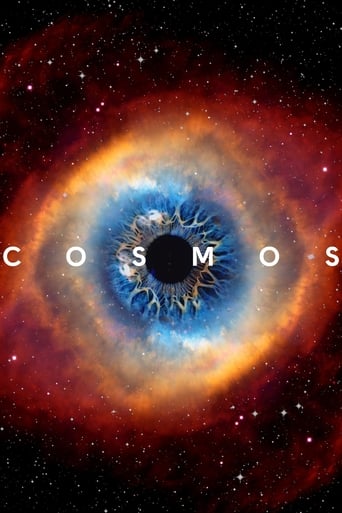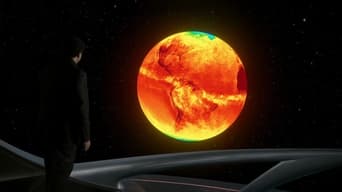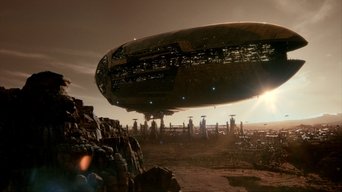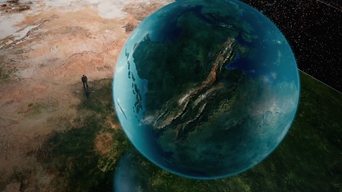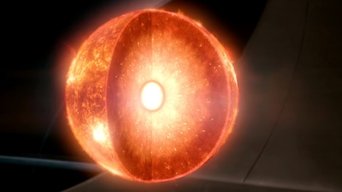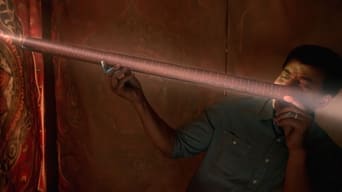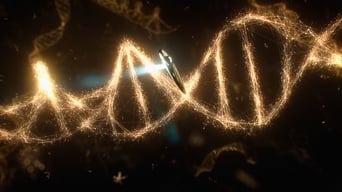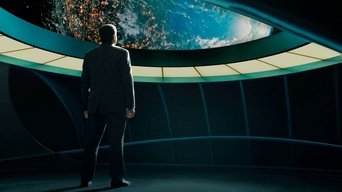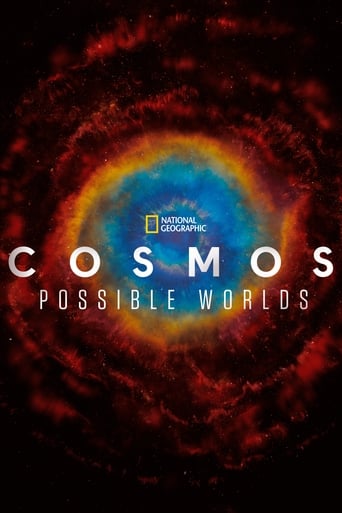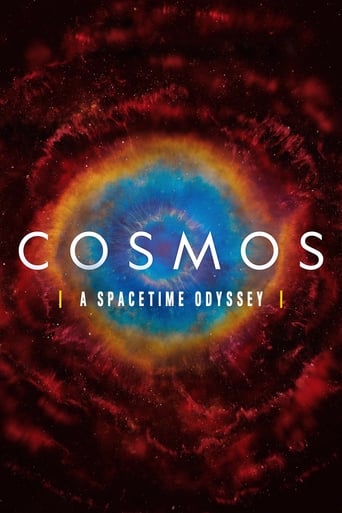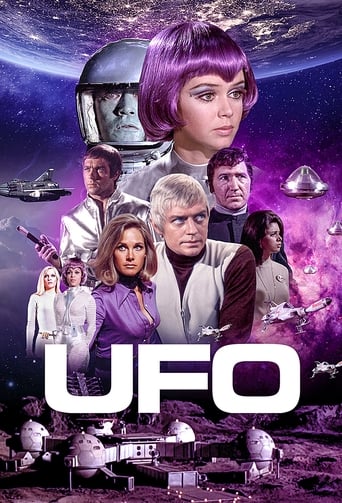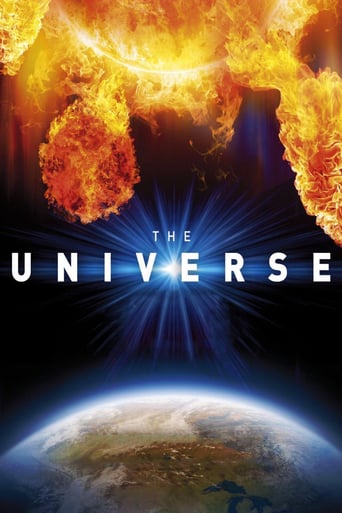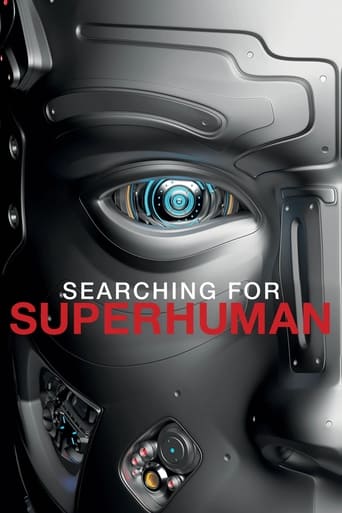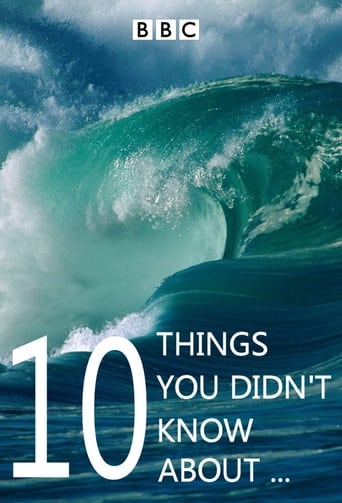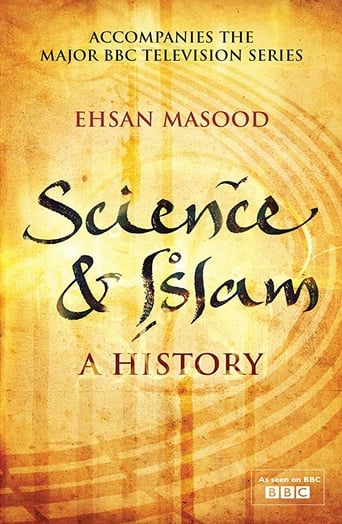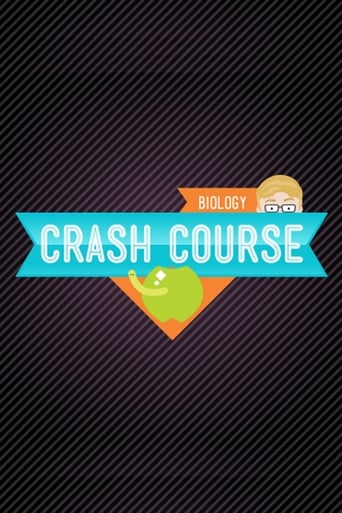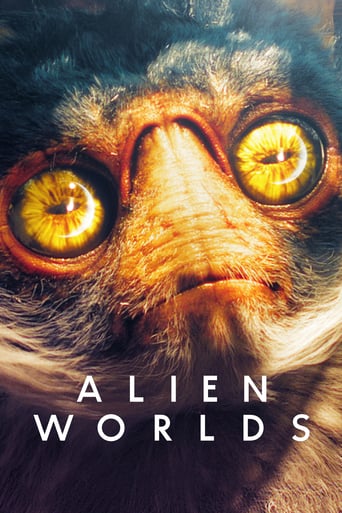Cosmos Season 1
With 30 Day Free Trial!
Cosmos
2014 / TV-G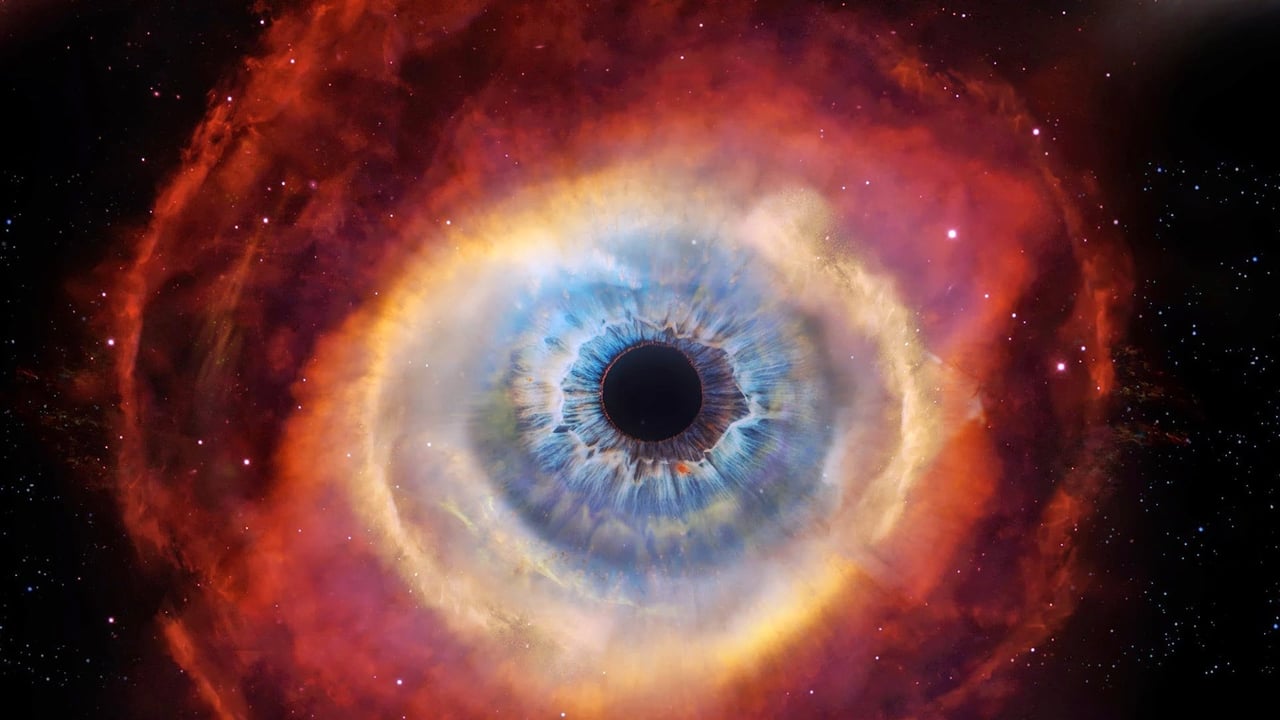
Renowned astrophysicist Neil deGrasse Tyson takes viewers on a journey through the infinite cosmos. Scientific concepts are presented clearly, with both skepticism and wonder, to give full effect.
Watch Trailer
With 30 Day Free Trial!
Cosmos Season 1 Full Episode Guide
The Ship of the Imagination makes a final journey to explore one of the biggest mysteries of the universe: dark energy. Meet one of science's greatest unsung heroes, Fritz Zwicky, whose prediction of supernovas paved the way for our larger understanding of dark energy, the unknown force in the universe that overwhelms gravity on the grandest scale. On our final voyage, discover the romantic message embedded in Voyager's Interstellar Golden Record and contemplate the spiritual experience of life on Earth as our cosmic journey concludes with Carl Sagan's unforgettable meditation, The Pale Blue Dot.
The Ship of the Imagination travels to our near neighbor Venus, where we begin our journey to discover the long history of global warming and the greenhouse effect. Later, explore the detrimental effects of climate change and trace the magnitude of our impact on the Earth’s atmosphere. However, with knowledge, technology and science within our grasp, imagine a hopeful future where we dedicate our efforts to taking care of our home, Planet Earth.
The Ship of the Imagination travels across the cosmos to discover the possibility of beings that live forever and explain why other civilizations perish. Then, visit the Cosmic Calendar of the Future and contemplate what lies ahead with a hopeful vision.
Travel to 19th century England and meet Michael Faraday, a child of poverty who grew up to invent the motor and the generator. His ideas about electricity and discovery of magnetic fields changed the world and paved the way for future scientists to make giant strides in the world of high technology and instantaneous communication.
The Ship of the Imagination embarks on a journey through space and time to grasp how the autobiography of the Earth is written in its atoms, its oceans, its continents and all living things. Later, American geologist Marie Tharp creates the first true map of Earth’s ocean floor, and discovers microscopic life that exists deep beneath the ocean.
Discover the remarkable story of Annie Jump Cannon and Cecilia Payne, two incredible women who challenged conventional wisdom and uncovered the real-life story of the stars. Cannon led a group of female astronomers in the early 20th century to catalogue the spectral characters of stars, and two decades later, young British beauty Payne joined forces with Cannon to analyze the data and uncover the chemical compositions of the stars. Later, travel on the Ship of the Imagination to explore the lives and deaths of stars.
To determine the true age of the Earth, geochemist Clair Patterson developed the uranium-lead dating method to make an unprecedented discovery – calculating Earth's age of 4.5 billion years. But Patterson's groundbreaking discoveries were just beginning. Patterson made it his mission to draw public attention to the detrimental effects of lead in the environment and dedicated his career to fighting against the petroleum and chemical industry, eventually achieving public health's biggest victory of the 20th century.
The Ship of the Imagination ventures on an epic voyage to the bottom of a dewdrop to explore the universe on the smallest scale and observe exotic life forms invisible to the naked eye. Then, host Neil deGrasse Tyson explains the neural network in our brains which determine our sense of smell and memory, and later, he travels deep beneath the surface of the Earth to discover the most mysterious particle we know.
The Ship of the Imagination travels back in time to reveal 11th century Europe and North Africa during the golden age of Islam, when brilliant physicist Ibn al-Haytham discovered the scientific method and first understood how we see, and how light travels. Later, William Herschel discovers the infrared and the signature hidden in the light of every star, eventually unlocking one of the keys to the cosmos.
An exploration of how light, time and gravity combine to distort our perceptions of the universe. We eavesdrop on a series of walks along a beach on summer nights in the year 1809. William Herschel, whose many discoveries include the insight that telescopes are time machines, tells bedtime stories to his young son, John, who will grow up to make some rather profound discoveries of his own.
There was a time, not so long ago, when natural events could only be understood as gestures of divine displeasure. We will witness the moment that all changed; but first, the Ship of the Imagination is in the brooding, frigid realm of the Oort Cloud, where a trillion comets wait. Our Ship takes us on a hair-raising ride, chasing a single comet through its million-year plunge towards the Sun.
Host Neil deGrasse Tyson is on a voyage to explore the relatedness of all living things and the possible evolution of life in the cosmos. Go on a journey to discover how artificial selection turned the wolf into canine breeds and how natural selection sculpted the complex human eye. Later, Tyson visits the grand Hall of Extinction, a monument to all the broken branches on the tree of life. Retrace the story of life on Earth and the unbroken thread that stretches from the first one-celled organisms to human life.
The Ship of the Imagination, unfettered by ordinary limits on speed and size, drawn by the music of cosmic harmonies, can take us anywhere in space and time. It has been idling for more than three decades, and yet it has never been overtaken. Its global legacy remains vibrant. Now, it's time once again to set sail for the stars.
Free Trial Channels
Seasons


